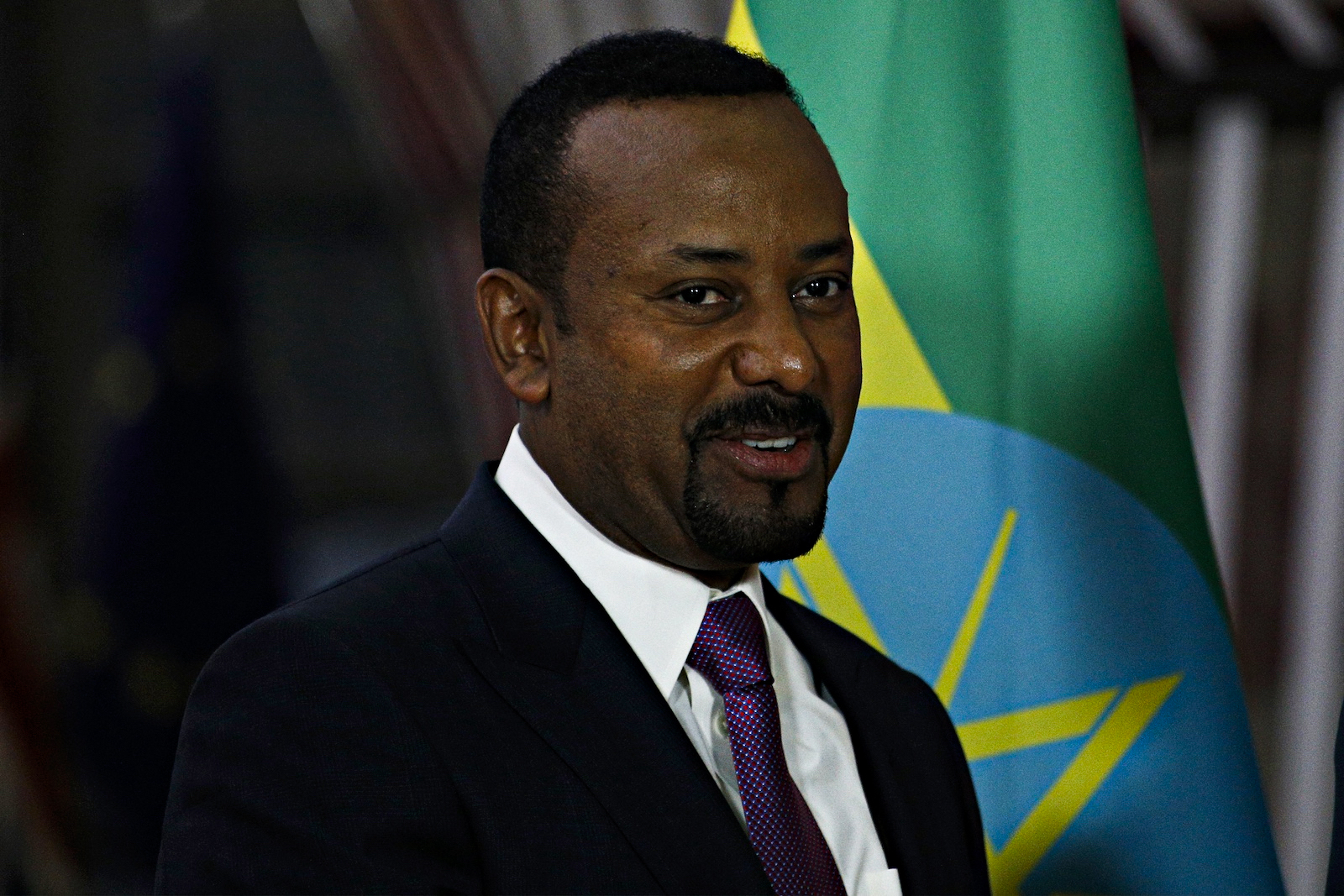
Ethiopia’s Port Deal with Somaliland could Backfire
A recent deal signed between Somaliland and Ethiopia would grant Addis Ababa access to the Red Sea in return for recognition of the breakaway region. Somalia, which does not recognize the de facto republic, rejected the agreement as a violation of its sovereignty. While Ethiopia does need access to a naval port, is it wise for the country to side with Somaliland over Somalia?
With a population of more than 120 million, Ethiopia is considered the most populous landlocked country in the world. Under the preliminary agreement, Somaliland would lease Ethiopia 12 miles of its coastline around the Port of Berbera for commercial and military purposes until at least 2074.
In return, Ethiopia would give Somaliland an undisclosed ownership stake in the state-owned Ethiopian Airlines and, according to Somaliland President Muse Bihi Abdi, formally recognize the region’s independence from Somalia.
Somali President Hassan Sheikh Mohamud has expressed his complete opposition to Ethiopia’s recognition of Somaliland and has accused Ethiopia of trying to annex part of his country’s territory by signing a sea access deal with the breakaway region.
The January agreement has sparked considerable controversy and opposition from the Somali government. President Mohamud vehemently criticized the pact, characterizing it as a de facto annexation of Somali territory by Ethiopia and a blatant alteration of Somalia’s national borders. He emphatically stated Somalia’s firm opposition to these developments.
The agreement, brokered by Ethiopian Prime Minister Abiy Ahmed and Somaliland’s Abdi, grants Ethiopia a 50-year lease on a naval base and access to the strategically important Berbera Port for commercial maritime activities. While the specific terms of this arrangement remain undisclosed, it is widely interpreted as allowing Ethiopia the prerogative to construct a port facility in Somaliland, ostensibly in exchange for acknowledging Somaliland’s autonomy.
Somaliland has functioned with de facto independence for over thirty years, maintaining its own government and institutions separate from Somalia. However, Somalia steadfastly views Somaliland and its population of around four million as integral and part of its northern territory. Mogadishu perceives any form of international recognition or validation of Somaliland’s autonomous status as a direct affront to Somalia’s sovereignty. The Somali government has not minced words, describing the agreement with Ethiopia as “outrageous” and conducted without its authorization.
President Mohamud has accused Ethiopia of distorting facts for international sympathy, emphasizing that Ethiopia’s quest for a maritime outlet is not the crux of the issue but rather how it seeks such access. Somalia has even signaled its willingness to engage in military conflict to prevent the establishment of an Ethiopian port in Somaliland, although Prime Minister Abiy Ahmed has downplayed the likelihood of an armed confrontation, insisting on peaceful intentions.
Turkey has emerged as a significant ally to Somalia amidst this geopolitical disagreement, alongside other Gulf Arab states vying for influence in the strategically located nation, flanked by the Indian Ocean and the Gulf of Aden, leading to the Red Sea. Turkey publicly backed the territorial integrity of Somalia. Somalia — one of the few countries to host a Turkish military base — maintains close military and economic cooperation with Turkey.
An economic and defense agreement between Turkey and Somalia was formalized on February 8, during a visit by Somali Defense Minister Abdulkadir Mohamed Nur to Ankara. This agreement, set to last a decade, pledges Turkish support in training and equipping the Somali navy to defend its territorial waters against threats like terrorism, piracy, and external meddling.
Both countries’ defense ministers lauded the agreement as a milestone in combating terrorism and enhancing military and financial cooperation, with Turkey affirming its commitment to Somalia’s territorial integrity and sovereignty.
Ultimately, the question of whether Ethiopia should side with Somaliland over Somalia involves complex geopolitical, historical, and social considerations. Supporting Somaliland over Somalia could backfire for Ethiopia in several ways. It would lead to a deterioration of relations with Somalia, affecting bilateral cooperation on security, trade, and regional stability. It would also draw Ethiopia into the complex dynamics of Somali politics, potentially leading to diplomatic isolation or conflict with other countries that have vested interests in Somalia.
While Somaliland declared independence from Somalia in 1991, it has not been internationally recognized as independent. Ethiopia’s potential support for Somaliland would be seen in the context of its national security interests, particularly in stabilizing its borders and securing economic and trade links.
Ethiopia’s recognition of Somaliland is likely to have significant geopolitical implications, including affecting its relationship with Somalia, other neighboring countries, and international partners. It would potentially influence the balance of power in the Horn of Africa, a region known for its strategic importance and vulnerability to conflicts.
The port city of Berbera in Somaliland is strategically important for Ethiopia as it offers an alternative route for its imports and exports. Strengthening ties with Somaliland would almost certainly secure this economic interest. However, it would also strain Ethiopia’s relationship with Somalia, impacting regional cooperation and economic integration efforts.
Ethiopia’s stance will affect its relationships with international and regional actors, including the African Union, the United Nations, and key allies. These entities generally support the territorial integrity and sovereignty of states, and a move to support Somaliland’s independence might be at odds with these principles.
Ethiopia’s potential siding with Somaliland over Somalia carries both opportunities and risks. It requires careful consideration of the immediate benefits against the long-term implications for regional stability, relations with Somalia, and Ethiopia’s broader foreign policy objectives. Dialogue, diplomacy, and a balanced approach that considers the interests and concerns of all parties involved would be crucial.

